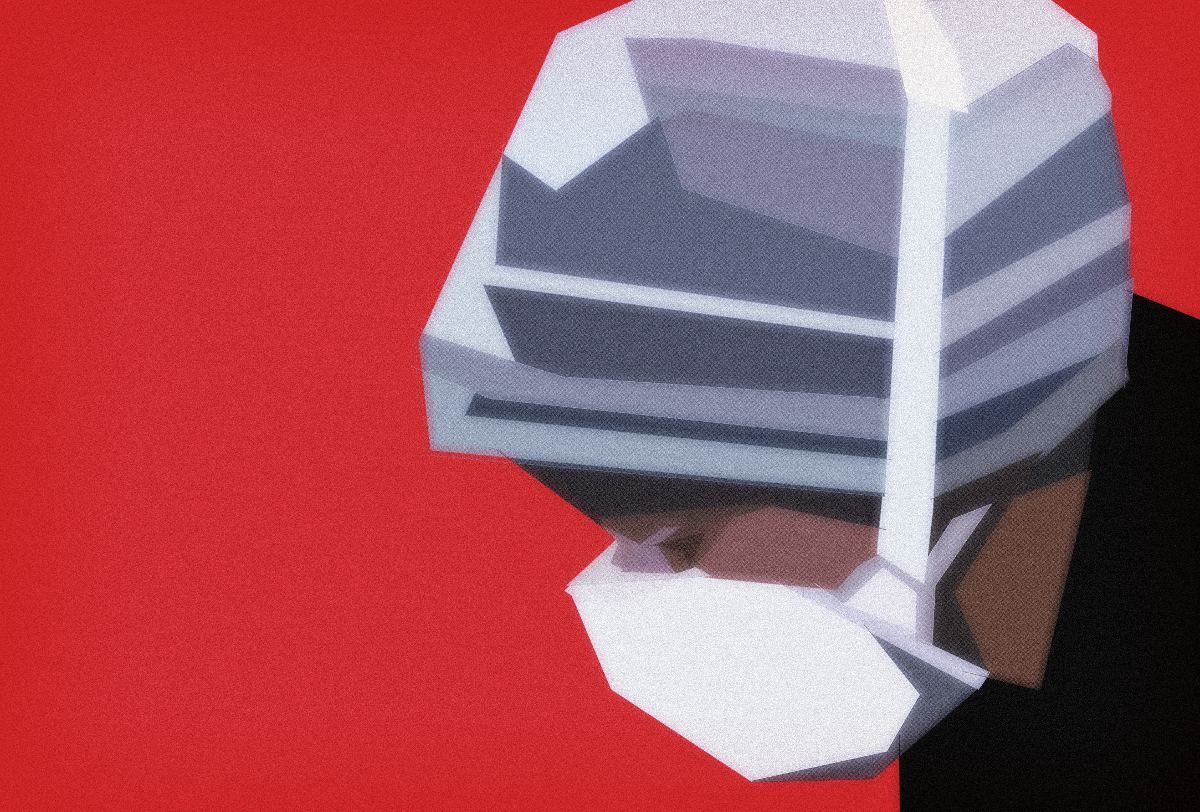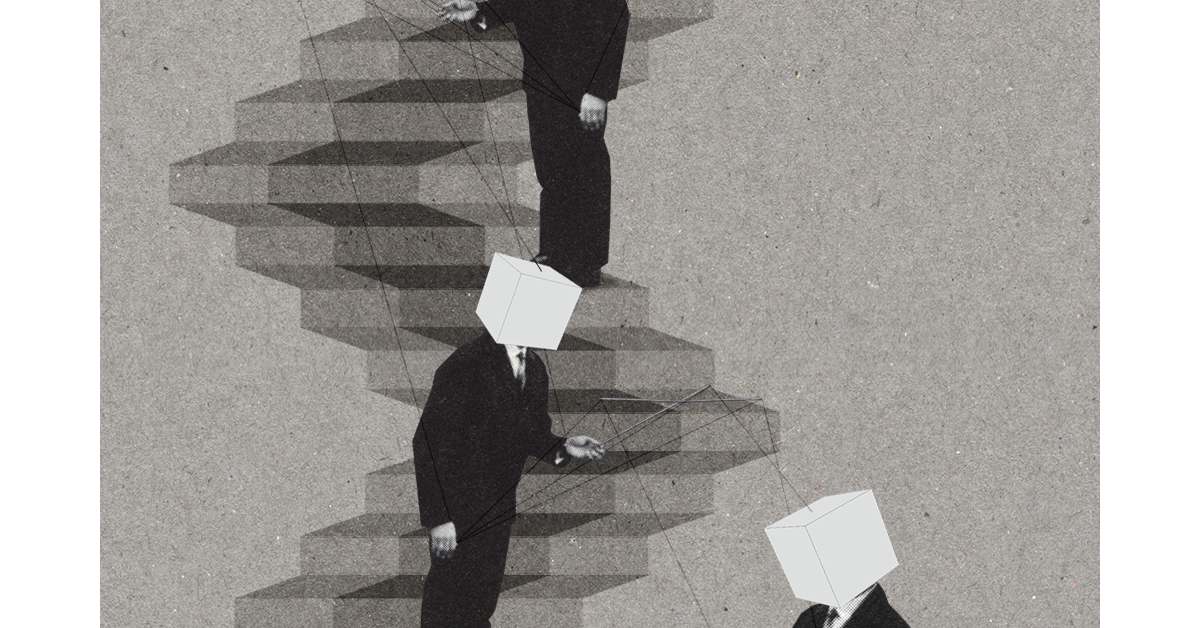“Life is not about waiting for the storms to pass. It’s about learning how to dance in the rain.”
“Nothing can dim the light which shines from within.”
A standard principle in counseling is that you have to go down and in before you can come up and out, i.e. doing the inner work is a fundamental requirement of doing meaningful outer work. Taking time for introspection is not giving in to self- indulgence, it’s about giving out a more luminous presence. As my daughter says in her book, the Artful Read Aloud, “we have to dip into the informed well of ourselves if we are going to teach more authentically and powerfully.”
To me, that inner work involves CARE for the soul. CARE is a handy acronym for the kind of work required:
Contemplation
Attention
Reflection
Examination
In my mind, the difference between self and soul is the difference between personality and essence. We primarily use our personality in our outer life, and we develop our essence in our inner life.
In the New York Times #1 bestseller, Care of the Soul, Thomas Moore provides a powerful, spiritual message for our troubled times. He presents a revolutionary approach to thinking about everyday life that encourages us to look more deeply into our soul and to sense the sacredness in ordinary things. Moore attempts to broaden our perspective on our life experiences by drawing on his work as a therapist, his studies of the world’s religions, and his work in music and art.
In this post, I will use Moore’s work as a springboard to explore more deeply how contemplation, attention, reflection, and examination are four specific ways to develop our inner life and to take better care of our souls. For each section, I will start with a brief summary of ideas contained within a book written on the subject.
Contemplation. In The Contemplative Life, Joel Goldsmith and Lorraine Sinkler, explain how to bridge the gap between the activities of daily life that draw us out of ourselves and the absolute silence of our inner being where we feel at one with the Universe. Goldsmith and Sinkler discuss how contemplation leads to spiritual unfolding and oneness. They cover topics such as conscious awareness, daily preparation, and meditation. While they suggest a more religious path than I would prefer, the book does address the importance of silence and oneness.
For me, contemplation is finding still moments in which we can quiet our minds to experience our spiritual being. It is a deep consideration of our purpose, intention, and expectations for life moving forward.
Attention: In The Attentive Life, Leighton Ford suggests that distractions, fear, and busyness keep us from seeing what’s possible in a spiritual life. For him, the path starts with a pause and an intention to be more awake and alive to a peaceful presence. Ford invites his readers into a religious journey with God and Christ. That’s not the path I’ve chosen to follow, but the ideas of noticing what distracts us from what’s meaningful and pausing for a moment to attend to what’s most important in our life is worth consideration.
For me, paying attention means noticing our thoughts, feelings, behaviors, and sensations from moment to moment as well as what is distracting us from living the values that guide our life. One of my favorite verses in the Bible is from Matthew 7-4: How can you say to your brother, ‘Let me take the speck out of your eye, when there is the log in your own eye?” Attending means seeing the specks in our eye, eliminating distractions, leaning in to life, squaring up to what’s in front of us, and looking objectively at ourselves.
Reflection: In The Reflective Life, Valerie Tiberius discusses what we can do to live life more wisely. She suggests we need to think and reflect better by caring about things that will sustain us and by opening to experiences that make us more optimistic about human nature. Tiberius believes we need to know when to think about our values, character, and choices and when not to. What I hear her saying is that we need to get out of our heads from time to time and simply experience whatever life brings.
For me, reflection means taking time for careful and thoughtful consideration of the attribution of credit or blame. Kierkegaard said, “life can only be understood backwards, but it must be lived forwards.” Reflection requires us to go back as far as necessary to determine the causes of our traumas and transformations and to understand our role in them.
Examination: In Examined Lives from Socrates to Nietzsche, James Miller raises the most fundamental questions about who we are and what makes life worth living. Miller uses short biographies of twelve famous philosophers to explore answers to these questions. For example, Socrates spent his life examining the assumptions about life. Montaigne and Descartes explored their deepest convictions in eras of murderous religious warfare. Rousseau aspired to a life of perfect virtue. Kant elaborated a new ideal of autonomy. Emerson preached self-reliance. And Nietzsche tried to bring together what is fragmented in our lives and his life. Essentially, the book overviews multiple points of view of what it takes to lead the “good life.”
For me, examination means holding ourselves accountable for our actions we take on our stated beliefs. Examination requires us to assess the gaps between our values and behaviors.
You can see that caring about our inner life involves contemplating what’s most important, attending to our inner thoughts and feelings, reflecting on our choices, and examining how well we are living the life we intend to live. That’s all well and good, but here’s the point.
I work with busy people – very busy people. They typically work 60-70 hours per week and they are constantly thinking about how to make their businesses better and how to help their organizations thrive. Their outer lives are very full and extremely demanding. Finding time to contemplate, attend, reflect, and examine poses major challenges for most of them. And yet, I wonder at what price personally and professionally.
Personally, I get trapped in the vortex of political, social and economic commentary that washes over me every day. I find it hard to stay focused, centered, and positive in the midst of overwhelming negativity.
Getting caught up in all of “that” is easy to do, but the power we bring to each moment is fueled by our inner being. Success in any endeavor is more about who we are than what we do. It’s more about “THIS” than “that.” Knowing who we are and experiencing “THIS” requires inner work. The benefits of that inner work depends on how fully we live in fundamental questions. Here are my top ten to CARE about:
- How immersed are we in our outer life?
- How much of our time are we doing “that” vs. welcoming “THIS?”
- How much CARE are we giving to our inner life?
- How well are we embodying what we say in our heads is most important?
- How fully are our experiences giving us joy and meaning?
- How powerfully are we exuding positive energy that is healing ourselves and others?
- How carefully are we noticing how the waves of life embrace us?
- How luminous, potent, and fresh do we feel in each moment?
- Are we waiting for the storms to pass in our life or are we dancing in the rain?
- How brightly is our inner light shining in the darkness?
Perhaps there are answers to some of these questions in a poem by Naomi Shihab Nye entitled Shoulders.
A man crosses the street in rain,
stepping gently, looking two times north and south,
because his son is asleep on his shoulder.No car must splash him.
No car drive too near to his shadow.This man carries the world’s most sensitive cargo
but he’s not marked.
Nowhere does his jacket say FRAGILE,
HANDLE WITH CARE.His ear fills up with breathing.
He hears the hum of a boy’s dream
deep inside him.We’re not going to be able
to live in this world
if we’re not willing to do what he’s doing
with one another.The road will only be wide.
The rain will never stop falling.
May we CARE enough about our inner lives to develop the power, light and energy that will bring us joy and meaning and make a real difference in the world. May we help our children walk joyfully on whatever road they choose and dance lightly when it rains.




Well done Ricky! Thanks for being you!
Great read Rick! Thank you!